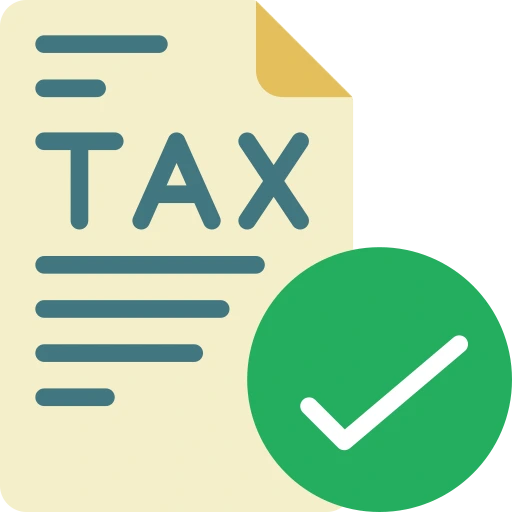National Pension Scheme
The National Pension System (NPS) is a contributory pension system designed to provide financial security to individuals during their retirement years. Under NPS, contributions from subscribers are collected and accumulated in individual pension accounts known as Permanent Retirement Account Number (PRAN). This system operates through a network of points of presence, a central recordkeeping agency, and designated pension funds as specified by regulations.
Benefits of NPS.
Transparency: NPS offers transparency and cost-effectiveness by investing pension contributions in pension fund schemes. Subscribers can monitor the value of their investments on a day-to-day basis, ensuring full visibility and accountability.
Portability: Each subscriber is assigned a unique PRAN, allowing for portability of the pension account. This means that even if an employee is transferred to a different office or location, their PRAN remains unchanged, ensuring seamless continuity of pension benefits.
Simplicity: NPS simplifies the process of pension planning by requiring subscribers to open an account with their nodal office and obtain a PRAN. This straightforward approach streamlines the enrollment process, making it accessible to all individuals.
Regulation: NPS is regulated by the Pension Fund Regulatory and Development Authority (PFRDA), ensuring adherence to transparent investment norms and regular monitoring. Fund managers are subject to performance reviews by the NPS Trust, maintaining accountability and safeguarding the interests of subscribers.
Tax Benefits of NPS.
Employee Contribution: Contributions made by the employee to their NPS account are eligible for tax deduction under Section 80 CCD (1) of the Income Tax Act. This deduction can be claimed on contributions up to 10% of the employee's salary (Basic + DA), within the overall limit of Rs. 1.50 lakhs under Section 80 CCE.
Employer Contribution: Employer contributions to the NPS account, up to 10% of the employee's Basic and DA (without any upper ceiling), qualify for tax benefits under Section 80 CCD (2). This deduction is separate from Section 80 C.
Exclusive Tax Benefit: In addition to the deductions under Section 80 CCD (1), subscribers can claim an extra tax deduction for additional contributions to their NPS account, subject to a maximum of Rs. 50,000 annually, under Section 80 CCD (1B). This was introduced in the Budget 2015-16.
Document for Tax Benefit: Subscribers can utilize the Transaction Statement printout as proof for claiming tax benefits on their NPS contributions.
Loan Facility: Currently, there is no provision for subscribers to obtain loans against their NPS holdings.
























